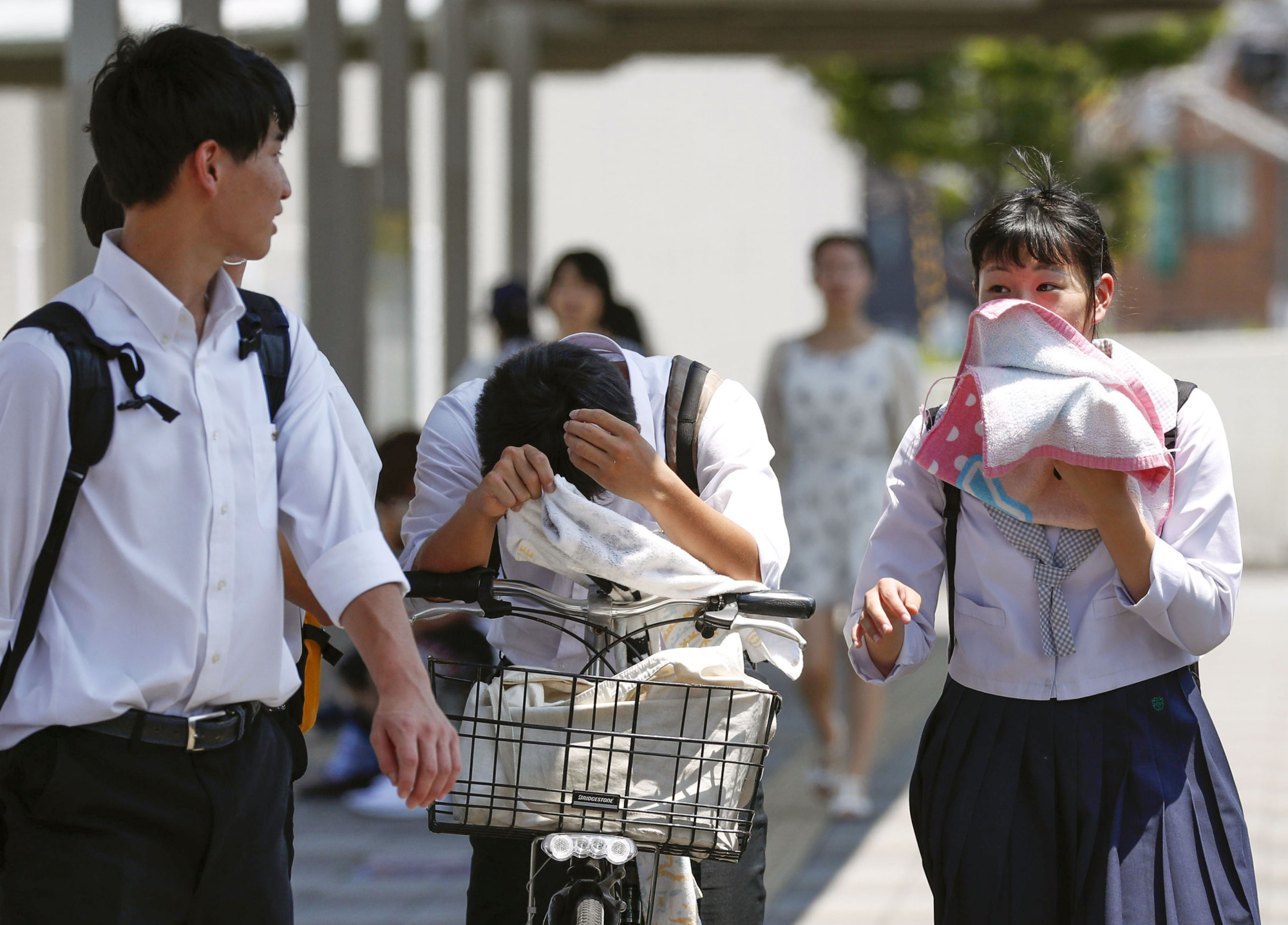The ruling Liberal Democratic Party decided Wednesday to give up on the idea of introducing daylight saving time during the 2020 Tokyo Olympic and Paralympic Games, citing difficulties in preparing relevant systems in time for the events.
Prime Minister Shinzo Abe had ordered his party to conduct a feasibility study, as public opinion was divided over whether to advance clocks as a way to deal with intense summer heat that could negatively affect athletes' performances.
The nation's organizing committee has already obtained approval from the International Olympic Committee to start the men's and women's marathons at the cooler hour of 7 a.m. But they may now consider other options, including starting the run at 6 a.m.
With the decision, the LDP will forgo submitting a relevant bill to the ongoing Diet session.
"It is hard to meet the deadline before the Tokyo Olympics," said Takeo Kawamura, the House of Representatives member who heads the study group within the party, after its meeting.
During a hearing held by the LDP panel, relevant ministry officials pointed out some challenges when introducing daylight saving time, such as adjusting traffic light systems and shifting the arrival and departure times of international flights.
Japan is among a handful of major industrialized countries that does not have summer time.
The last time it had the system was amid an electricity shortage during the postwar Occupation by the U.S.-led Allied forces. The practice only lasted for four years from 1948 and was criticized as it led people to work longer hours.




